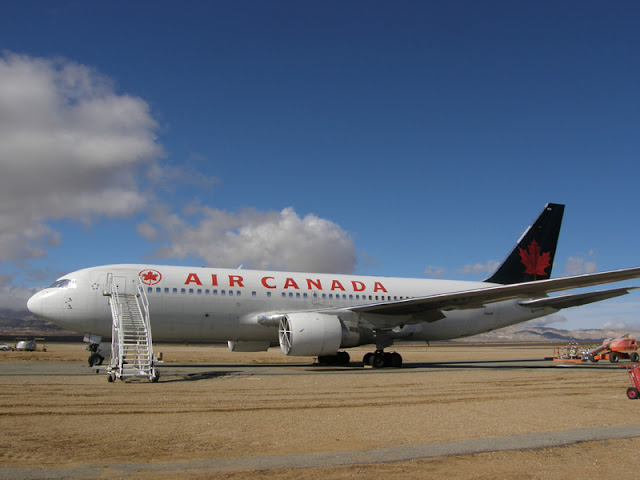When Can In-Flight/Bridge Recordings Be Made Public?
As a general rule, in-flight recordings (such as those on a black box) and recordings made in a ship's bridge are protected from disclosure and not accessible by the public or litigants. The reason is to encourage pilots and mariners to speak openly, which promotes public safety.
Section 28(2) of the Canadian
Transportation Accident Investigation and Safety Board Act S.C. 1989, c. 3 is the key provision:
Privilege for on-board recordings
(2) Every on-board recording is
privileged and, except as provided by this section, no person, including any
person to whom access is provided under this section, shall:
(a) knowingly communicate an
on-board recording or permit it to be communicated to any person; or
(b) be required to produce an
on-board recording or give evidence relating to it in any legal, disciplinary
or other proceedings.
That said, there is a limited exception to the foregoing. Section
28(6) which reads:
Power of court or coroner
(6) Notwithstanding anything in
this section, where, in any proceedings before a court …, a request for the
production and discovery of an on-board recording is made, the court … shall
(a) cause notice of the request to
be given to the Board, if the Board is not a party to the proceedings;
(b) in camera, examine the
on-board recording and give the Board a reasonable opportunity to make
representations with respect thereto; and
(c) if the court … concludes in the circumstances of the case that the public interest
in the proper administration of justice outweighs in importance the privilege
attached to the on-board recording by virtue of this section, order the
production and discovery of the on-board recording, subject to such restrictions
or conditions as the court …deems appropriate, and may require any person to
give evidence that relates to the on-board recording.
A new case, Carroll-Byrne v. Air Canada, 2019 NSSC 339, discusses exactly when that exception should be applied. It relates to an on-board recording relating to the 2015 Air Canada crash at Halifax Airport. In summary, the Court concluded that the recording should be disclosed. It reasoned as follows:
[62]
Parliament has accorded a privilege to the
recorded workplace communications that take place in an aircraft’s cockpit. In
doing this, however, Parliament has seen fit to give discretion to the courts
to determine how the public interest is best served when competing interests
clash over whether there should be exemption to the privilege granted.
[63]
I have concluded that, in the circumstances of
this case, the public interest in the administration of justice outweighs the
importance attached to the statutory privilege protecting the cockpit voice
recorder.
[64]
The contents of the CVR are relevant and
reliable. The conversation recorded does not contain private or scandalous
material.
